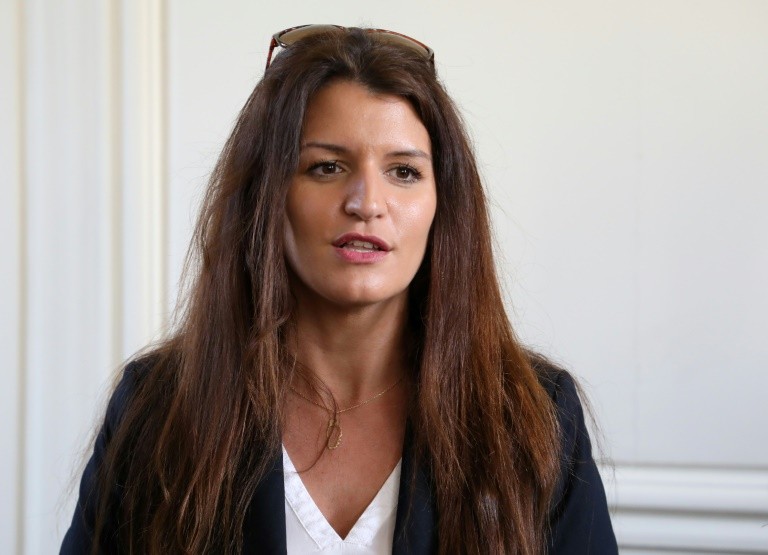Government Wants to Set Age of Sexual Consent at 15

Two weeks before the presentation of a bill against sexual violence, the executive has decided and will propose the age of 15 as the threshold of non-consent.
Two weeks before the presentation of a bill against sexual violence, the executive has decided and will propose the age of 15 as a threshold of non-consent to sexual relations , a sensitive issue revived by recent decisions of justice.
“After the citizen consultations in the framework of the Tour de France of Equality and the conclusions of the expert report handed to Matignon, the government has decided to retain the age of 15 years,” announced Monday the Secretary of State to Equality between women and men, Marlène Schiappa .
This measure, aimed at establishing an age below which a minor can not be considered as consenting to a sexual relationship with a person of full age, will be included in the bill against sexual and sexual violence that will be presented on the 21st March in the Council of Ministers. .
The details of its introduction into the penal code have not been specified.
The subject of a minor’s consent to a sexual act has resurfaced recently after several court decisions, including in Pontoise where a man was sued for “sexual assault” and not for rape because his 11-year-old victim been considered to be consenting.
Shortly before, in another case, a court had acquitted a man accused of raping an 11-year-old girl, creating a stir.
France, unlike its European neighbors, does not provide an age threshold below which society considers that there can be no debate on the sexual consent of a child.
Even before the government project, several senators and deputies had introduced bills to fix one. But at 13 or 15 years old? Opinions diverged.
In November, Emmanuel Macron declared himself in favor, personally, that it be set at 15 years. For his part, the prosecutor of the Republic of Paris, Francois Molins, had recently estimated that he would be “consistent” at 13 years.
“Sexual trauma”
In February, the government mandated a group of seven multidisciplinary experts to work on this issue.
In their conclusions, delivered Monday to the Prime Minister Edouard Philippe, these lawyers, legal practitioners, doctors or professionals of childhood opt for 15 years, an age which “does not seem excessive with regard to the double imperative to reinforce the protection of the minors sexual offenses and to clearly prohibit sexual abuse of a minor under the age of 15 by a person of full age “.
Sexual assault, an offense punishable by five years’ imprisonment, currently punishes any sexual act between an adult and a minor aged 15, with or without penetration.
They therefore advocate going further by introducing into law two new offenses of rape and sexual assault on a minor under the age of 15, where the age would constitute the offense, and where the penalties could be increased.
“The adolescent deserves, until the age of 15, 16, a reinforced protection because of the deep traces caused by sexual traumas on the structure and the operation of the brain”
“Early sexual acts have a traumatic consequence and health risks before the age of 16,” psychiatrist Muriel Salmona, president of Traumatic Memory and Victimology, told AFP.
For this activist, who has been fighting for several years for a presumption of non-consent before the age of 15, the image of “Lolitas” is still too present in the collective imagination, and retaining the threshold of 15 years is “a good decision” to protect minors.
At the end of January, Family Planning said it was “worried about a change in the law to define an age for the recognition of consent” which could “limit the sexual freedom of young people”, calling instead to make education in emotional and sexual life a priority in schools and in all places of education.
Enjoyed this? Get the week’s top France stories
One email every Sunday. Unsubscribe anytime.


